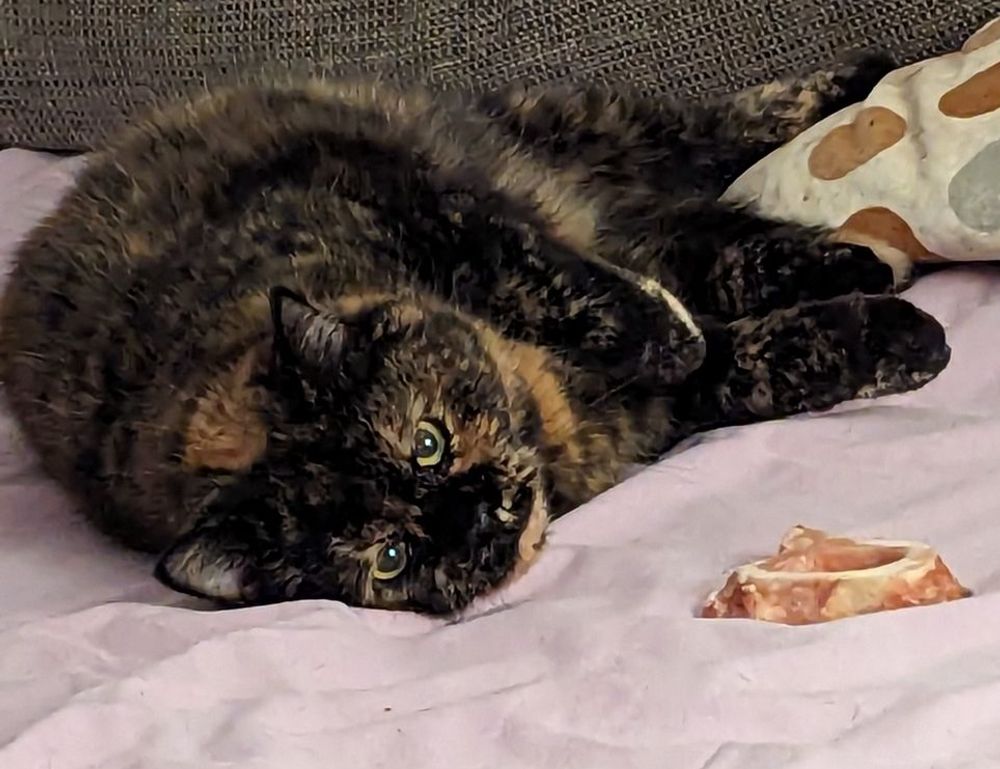What Could “Anongseligt” Possibly Mean?
Typing “anongseligt” into Google doesn’t yield much—maybe a few scraped pages, maybe gibberish. No official dictionary entry. So where does that leave us? Well, sometimes words gain traction not because they’re real, but because they hit a nerve or link to some meme ecosystem. The structure of “anongseligt” suggests it could be cobbled from a mix of languages. “Anong” is a known Filipino term meaning “what is,” and “seligt” could be a corrupted form of “selig,” the German word for “blessed.” Combined? Probably nonsense—but it carries a sound and appearance that sparks curiosity.
That curiosity is where it earns its staying power. People love uncrackable puzzles, particularly when they sound exotic and vaguely meaningful.
Internet Culture Makes “Fake Words” Real
The online world isn’t just about sharing, it’s about creating—and half the time, it doesn’t matter if what you create makes sense at first. Think about early meme formats or cryptic usernames. When new terms surface (especially ones as odd as anongseligt), they often start as jokes, typos, or inside humor within tightlyknit communities. But as it gets shared and searched, it picks up context—real or imagined.
With enough repetition, even nonsense can become culture. Look at “yeet,” “smol,” or “sus”—none of those words followed a proper etymological path. They just clicked. Anongseligt could easily live in that same category—a popculture ghost word waiting for a definition.
Why People Are Googling “Anongseligt”
Let’s call it digital FOMO. Curiosity drives internet searches, and when a strange term like anongseligt pops up unexpectedly (in a tweet, a screenshot, a Reddit post), folks want in. There’s something annoying and irresistible about not knowing what a word means, especially when it’s being thrown around confidently.
Sometimes, people google strange words just to see if anyone else is confused. The search results themselves become a signal: if no one knows what “anongseligt” means, then it becomes something to bond over. Modern culture thrives on the idea of being “in on the joke,” so even if it has no firm definition, repeated interactions give it perceived value.
Could It Be a Brand, Bot, or Glitch?
Another angle worth looking at: is “anongseligt” machinegenerated? It wouldn’t be the first time a broken translation or AI output created a viral term. Tools pulling data from various languages or trying to autogenerate usernames often produce Frankenstein results.
There’s also the offchance it’s part of an intentional brand move—something shadowlaunched to gain organic attention. Strange names are often part of startup strategies, designed to be “Google unique.” If that’s the play here, it’s clever (and frustrating).
The Power of Undefined Language
One reason weird words grab attention is because we can project anything onto them. “Anongseligt” is a blank slate. Maybe it sounds philosophical. Maybe it feels like a spell. Maybe you’d use it to name your next gaming avatar because it has obscure flex builtin.
Language evolves when people experiment. Whether through jokes, typos, or outright surrealism, every internet user becomes part of living linguistics. No central authority approves these shifts. Something sticks if it’s fun, memorable, or emotionally resonant. “Anongseligt” checks a few of those boxes already.
What To Do With It
So now you’ve found it. You’ve searched it. And you’ve read about it. What do you do with anongseligt now?
Simple: own it.
Use it in a meme. Drop it into a sentence and act like everyone should know what it means. Make up a definition. Share it, remix it, turn it into something personalized. That’s the real joy of undefined words—you can take the wheel.
anongseligt: Wrapping Up a Word for the Undefined
In a world stuffed with information, anongseligt stands out by being completely undeciphered. No one’s quite sure what it is—and that’s the point. It shows how modern language bends, breaks, and rebuilds under community hands. Whether it ends up being a forgotten blip or a new internet buzzword, right now it’s yours to play with.
Strange words don’t need meaning to make an impact. Sometimes all they need is curiosity—and you’ve already got that covered.



